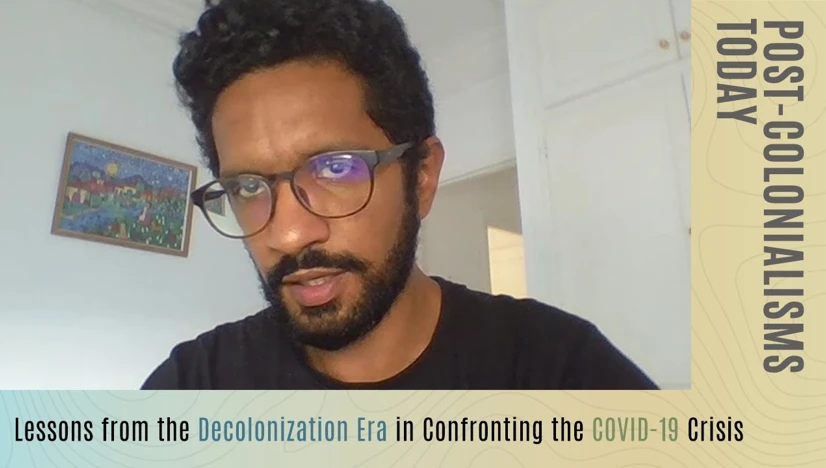Monetary Policy for Development, During and Beyond Crisis
Post-Colonialisms Today: postcolonialisms.regionsrefocus.org, 2020
Post-Colonialisms Today researcher Chafik Ben Rouine looks to Tunisia’s post-independence central banking method to provide insight on what progressive monetary policy can look like. Rouine argues that central banks must have a role in strategically allocating resources to necessary infrastructure and development projects. According to Rouine, this is done in two ways: central banks can allocate funds to productive and essential sectors, as opposed to non-essential ones like real estate, and they can also manage interest rates per sector, where non essential sectors pay higher rates than essential ones like agriculture. This provides an alternative to coercive, conditional loans from the IMF. Reflecting on the central banking system in Tunisia, Rouine promotes accelerating the use of the African Monetary Fund, a financial institution planned by the African Union to provide financial assistance to member states.
Comment from our editors:
This presentation is part of the Post-Colonialisms Today webinar, “Lessons from the Decolonization Era in Confronting the COVID-19 Crisis.”
Go to: Monetary Policy for Development, During and Beyond Crisis

